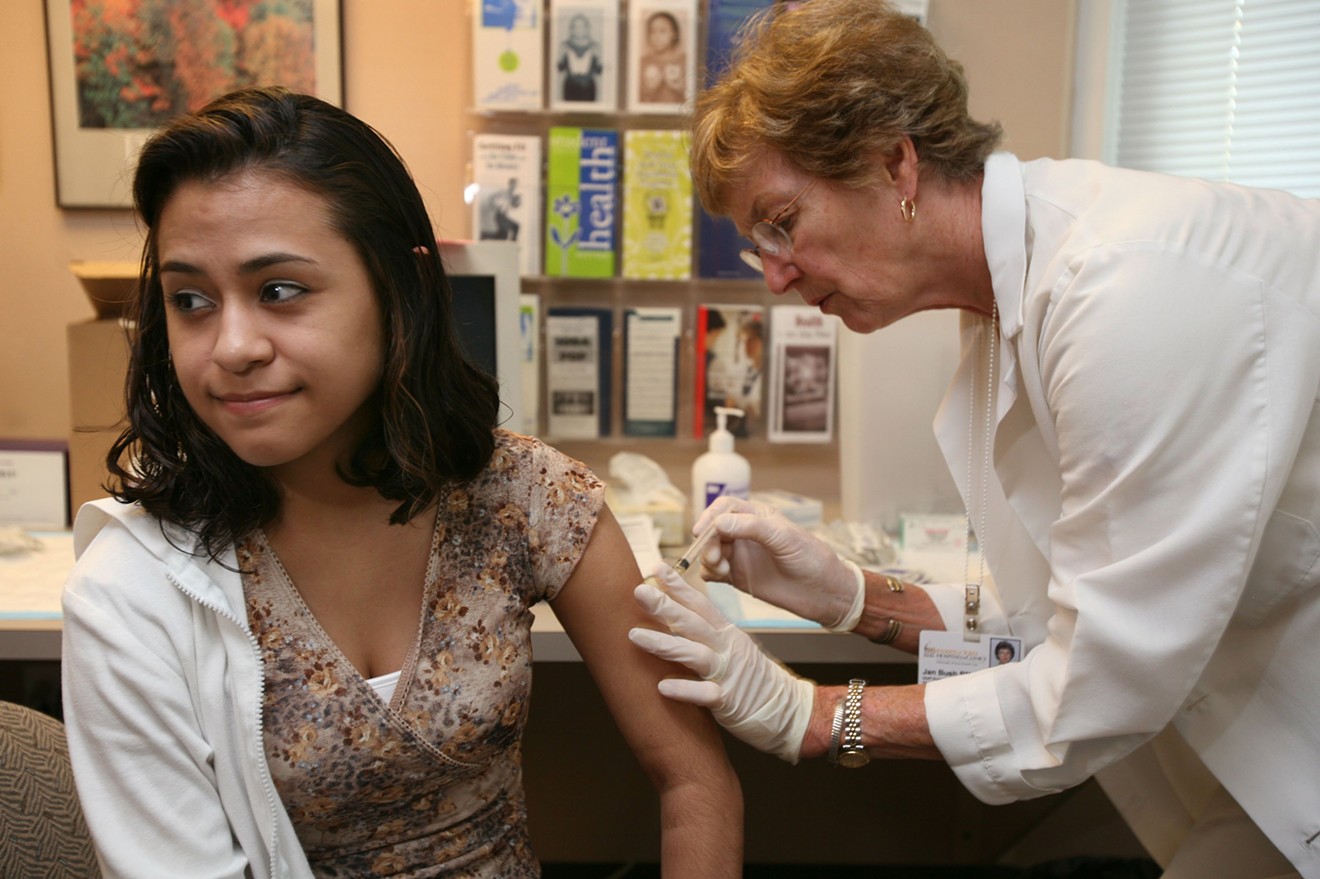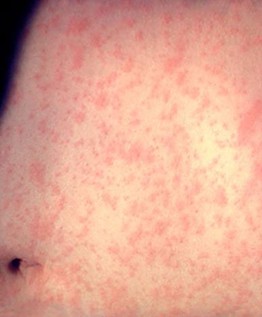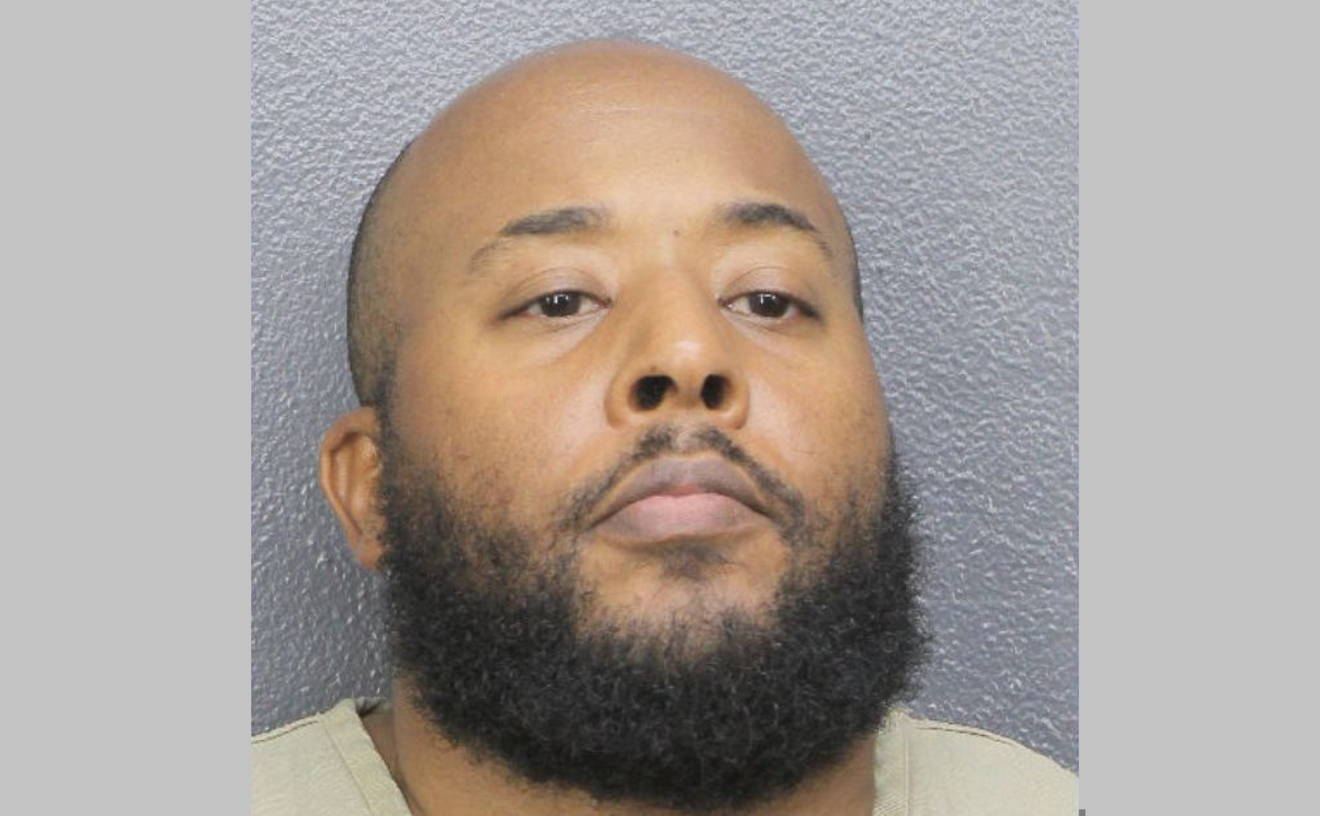Don't call it a comeback — or, in this case, you probably can.
The Florida Department of Health is investigating several cases of measles at a Broward County elementary school struggling to contain an outbreak of the disease, which was once nearly eradicated in the U.S. As of Tuesday evening, six cases of the highly infectious virus were confirmed at Manatee Bay Elementary School in the affluent suburb of Weston.
And health officials fear the virus will only spread further.
Nicole Iovine, an infectious disease specialist at the University of Florida, says the reason for the outbreak is simple: Parents aren't getting their children vaccinated.
"They're not protected," Iovine tells New Times. "This is what happens when people aren't vaccinated against a highly infectious disease."
Measles, which spreads via saliva and respiratory droplets, can cause serious medical complications such as pneumonia but is completely preventable with a readily available vaccine.
Declared eliminated in the United States in 2000, the disease has seen a comeback in recent years everywhere from Philadelphia to Ohio to New Jersey primarily owing to vaccine skepticism, according to the U.S. Centers for Disease Control and Prevention (CDC).
In Broward County, the last reported case was in 2019, the year of the country's worst measles outbreak since 1992. The CDC recorded more than 1,200 cases of measles that year, and a study of children infected in New York City showed that nearly 90 percent were unvaccinated.
Although two doses of the MMR (measles, mumps, and rubella) vaccine are required to attend Florida's public schools, parents can seek exemptions for religious and medical reasons.
Manatee Bay has nearly 1,100 students, 86 of whom are not vaccinated against measles, according to school district figures reported by CBS.
Professor Matt Hitchings, an infectious disease epidemiologist and professor of biostatistics at the University of Florida, emphasizes that measles can only spread in populations with lower-than-optimal vaccine coverage.
"So, if we continue to see more cases in Broward children, it’s safe to say that under-vaccination is the problem here," he tells New Times.
According to the CDC, measles cases often stem from unvaccinated or undervaccinated people who travel internationally and then transmit the disease to others who aren't vaccinated for it. The disease is still common in parts of Africa, Asia, and the Middle East.
Symptoms of the infection, which causes a red, blotchy rash, typically begin around eight to 14 days after exposure. In severe cases, it can lead to pneumonia or encephalitis.
There is no specific medication to treat the disease, and like COVID, the measles virus can remain infectious in the air and on surfaces for hours.
"That's also why there's so much concern," Iovine says. "In an unvaccinated population, it can spread like wildfire."
During COVID-19, pediatric vaccination rates declined due to widespread vaccine hesitancy and people's avoidance of healthcare for fear of catching the virus, Iovine says. But while these numbers have begun to rise again, she doesn't believe they've returned to pre-pandemic levels.
CDC data on kindergarten vaccination rates found an increase in Florida children having documented vaccine exemptions over the past few years. Across Florida, 3.9 percent of kindergartners were granted exemptions for vaccines in the 2022 school year, compared to 1.5 percent in 2012.
Iovine emphasizes that when it comes to a virus as contagious as measles, people need more than just good hand hygiene to prevent themselves from contracting the infection — they need the vaccine.
According to the state health department, the vaccine is more than 98 percent effective in preventing infection.
"The message here is vaccination," Iovine says.
Health & Wellness
Measles Is Back and Spreading Among South Florida Kids
Declared eradicated in the U.S. two decades ago, measles has seen a resurgence in recent years mostly due to vaccine skepticism, according to the CDC.

A student at the University of Iowa receives a mumps, measles and rubella (MMR) vaccination shot.
Photo by Mark Kegans/Getty Images
[
{
"name": "Editor Picks",
"component": "17482312",
"insertPoint": "4",
"requiredCountToDisplay": "1"
},{
"name": "Inline Links",
"component": "18711090",
"insertPoint": "8th",
"startingPoint": 8,
"requiredCountToDisplay": "7",
"maxInsertions": 25
},{
"name": "Air - MediumRectangle - Combo - Inline Content",
"component": "17482310",
"insertPoint": "8th",
"startingPoint": 8,
"requiredCountToDisplay": "7",
"maxInsertions": 25
},{
"name": "Inline Links",
"component": "18711090",
"insertPoint": "8th",
"startingPoint": 12,
"requiredCountToDisplay": "11",
"maxInsertions": 25
},{
"name": "Air - Leaderboard Tower - Combo - Inline Content",
"component": "17482313",
"insertPoint": "8th",
"startingPoint": 12,
"requiredCountToDisplay": "11",
"maxInsertions": 25
}
]









